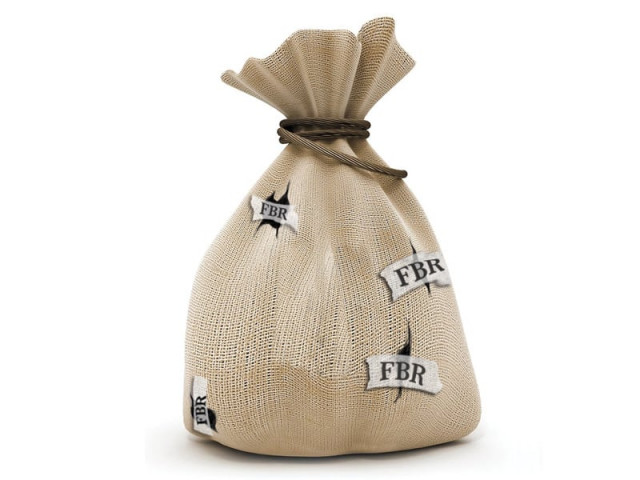Agriculturalists block imposition of farm tax: FBR
Tax official says Federal Board of Revenue’s performance not up to the mark.

Parliament needs to take a decision on taxing agricultural income, but agriculturalists have held sway over the legislative body, resulting in tax injustice in the country, says a top official of the Federal Board of Revenue (FBR).
FBR Member Inland Revenue Service Khawar Khursheed Butt’s remarks on Thursday have once again triggered a debate on the effectiveness of the tax system and the role of parliament. His comments also echoed frustration of economic managers as they are handicapped in decision-making due to political meddling.
In what appears to be a blunt but realistic description of the situation, the second highest tax official speaking at a pre-budget seminar said there were inefficiencies in the tax machinery but “political masters have to strengthen the machinery because FBR is a mere tool in the hands of the rulers.”
Earlier, Finance Minister Dr Abdul Hafeez Shaikh had said that parliament had become the biggest hurdle in implementation of the reformed general sales tax.
Butt said that FBR was considering various tax proposals including a tax on real estate but the decision has to be taken by the political masters. He said that the type of taxation, either direct or indirect, was a reflection of politico-economic system and with systems like that in Pakistan one cannot have a revolutionary tax regime. FBR is mired in corruption and inefficiency allegations, he said.
Butt said the biggest worry was that FBR’s performance was not up to the mark despite introducing administrative reforms that has cost the national exchequer Rs6 billion over the years, adding that FBR lacked the will of enforcement.
He said that besides the agricultural sector, the services sector was also paying half of what it should pay in taxes. The services sector’s contribution to the national income is over 53 per cent but its share in taxes is just 26 per cent.
FBR is taking desperate measures to achieve the revised tax collection target of Rs1,588 billion. It has to collect Rs450 billion in the remaining two months of the outgoing fiscal year. FBR arranged a meeting of chief commissioners on Thursday and pushed them to create tax demands in order to collect at least Rs10 billion to bridge the gap.
The FBR chairman asked officials to submit a working plan within two days in this regard. In another desperate attempt, FBR is freezing accounts of big corporations like Oil and Gas Development Company and Pakistan State Oil for recovery of dues.
Speaking at the pre-budget seminar, Nust Business School Dean Dr Ashfaque Hasan Khan said the budget-making process was the root cause of fiscal problems. He said the government makes the budget on the basis of expenditures instead of revenues, which leads to fiscal slippages. He termed the proposed Rs1,952 billion tax target for the next fiscal year unrealistic and instead presented a figure of Rs1,775 billion.
The Association of Chartered Certified Accountants, while presenting budget proposals at the seminar, called for a reduction in corporate income tax to 34 per cent for public companies and 33 per cent for listed companies. Current rate is 35 per cent.
It also suggested reduction in withholding tax to 7.5 per cent from 10 per cent. The recommendations included increasing the income tax exemption threshold to Rs500,000 from Rs300,000.
Published in The Express Tribune, May 6th, 2011.



















COMMENTS
Comments are moderated and generally will be posted if they are on-topic and not abusive.
For more information, please see our Comments FAQ